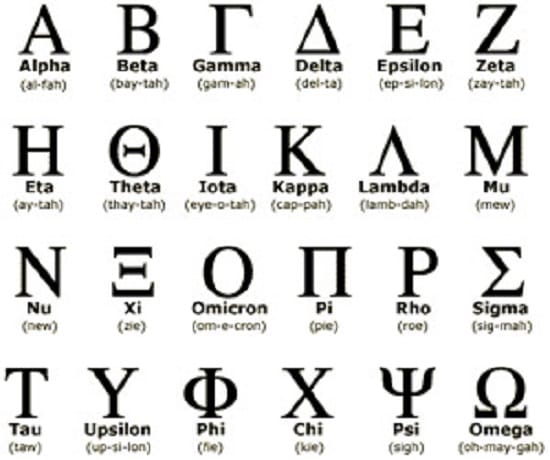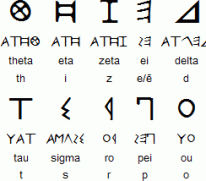


Instead of calling Odysseus a "complicated man," she could have called him a "straying husband" and still have been true to the original Greek. In an interview with The New York Times Magazine, Wilson reveals yet another alternative translation of that first line, which she decided not to use. Wilson's translation of the first line of The Odyssey attracted attention because she called Odysseus "complicated," when the majority of English translations call him either "resourceful" or "a man of many turns." It sets the tone and direction for everything that follows. Take the poem's very first line, for example. No other story demonstrates this better than The Odyssey, in which scenes can be read from several different perspectives, and words and phrases can be translated in a number of ways.
#Translate greek to english series
Does the translator's gender influence the interpretation of a text?Ī translation is the result of a series of choices that the translator makes. With her translation, Wilson joins the ranks of women who have broken gender barriers to give their voices to the Classics. Wilson might be the first woman to translate The Odyssey into English, but she's not the first woman to translate an Ancient Greek text into a contemporary language. Wilson is so far the only woman to publish a translation of The Odyssey in English, a translation considered by many as groundbreaking.

The translation reinvigorated the interest in the story of Odysseus and his 10-year struggle to return home to his wife Penelope and their son Telemachos on the island of Ithaca, after having fought in the Trojan War. "Tell me about a complicated man." This first line of Emily Wilson's translation of the Ancient Greek epic poem The Odyssey raised a lot of eyebrows when it was published in 2017.


 0 kommentar(er)
0 kommentar(er)
